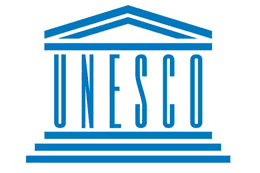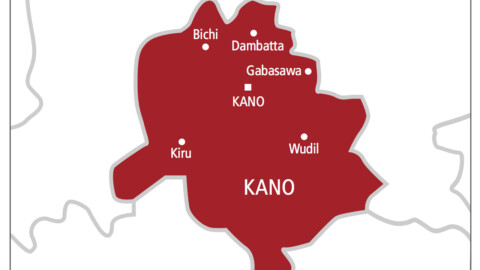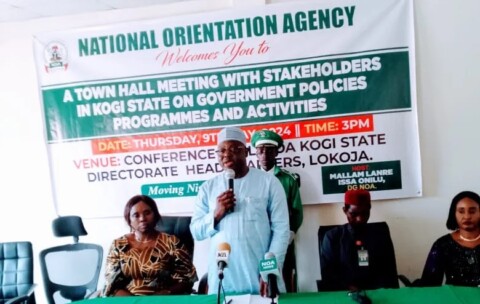The Executive Secretary of the Universal Basic Education Commission (UBEC), Aisha Garba, has expressed concern that over 60 percent of Nigeria’s out-of-school children are girls. She called on stakeholders to strengthen collaboration and promote inclusive, quality, and transformative education opportunities for underserved girls across the country.
Garba made the call on Monday in Abuja during a two-day Stakeholder Engagement with LUMINAH 2030 pilot states. She explained that the Federal Government’s LUMINAH 2030 initiative is a bold, holistic national movement aimed at empowering over one million underserved Nigerian girls and women with access to education, vocational training, digital literacy, and community-based support by the year 2030.
According to her, since the handover of LUMINAH (Learning, Uniting, Modernising, Nurturing, Accelerating, and Harmonising) from the Federal Ministry of Education to UBEC, the commission has fully integrated the initiative into its operations, work plans, and budgets, as well as those of the State Universal Basic Education Boards (SUBEBs), to ensure effective ownership and large-scale implementation.
“This programme directly addresses one of our greatest challenges — the high number of out-of-school girls, who account for about 60 percent of Nigeria’s estimated 17 million out-of-school children,” Garba said. “Through accelerated education, this programme will help break the cycle of exclusion, poverty, and gender-based marginalisation.”
She added that UBEC had institutionalised the initiative by creating a special unit on Alternative Education for Girls, with a dedicated budget line under the UBE matching grant for states. This, she said, would support interventions such as alternative high schools for girls, scholarships, accelerated basic education, and empowerment programmes for mothers.
Garba described the integration of LUMINAH into UBEC’s framework as a major milestone in Nigeria’s commitment to Sustainable Development Goal 4 (SDG 4), which promotes inclusive and equitable quality education. She explained that the programme would begin in 12 pilot states — one from each geopolitical zone — before expanding nationwide.
She noted that UBEC had set clear criteria for selecting beneficiary communities, prioritising areas with high numbers of out-of-school girls, high poverty rates, and significant economic vulnerability.
“Our collaboration with SUBEBs is crucial to ensuring sustainability,” Garba said. “We are also prioritising transparency and accountability in the disbursement of funds and the deployment of resources.”
Garba assured that UBEC, in partnership with the Federal Ministry of Education and development partners, is committed to building a legacy of inclusion and empowerment. “We are not merely implementing a programme,” she said. “We are writing a new chapter in Nigeria’s education story — one where no girl is left behind.”
In her remarks, the Minister of State for Education, Professor Suwaiba Ahmad, urged state governments and local communities to take ownership of the LUMINAH initiative, stressing that the success of the policy depends largely on implementation at the grassroots level.
LUMINAH 2030 was officially launched by the Federal Government in March 2025 to empower one million underserved girls and women by 2030.





